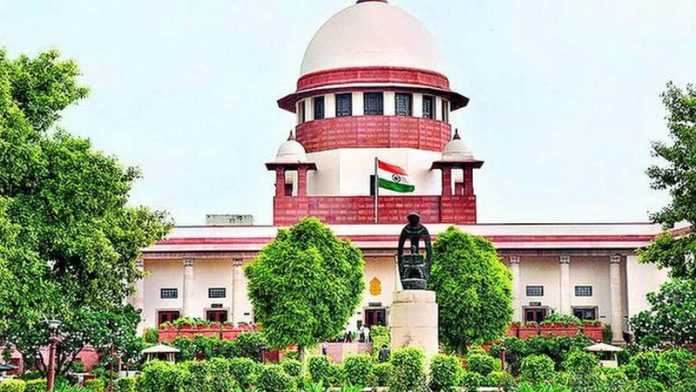In a landmark decree, the Supreme Court, in an epochal verdict, mandated all High Courts to establish a specialised tribunal forthwith and initiate a suo motu case to oversee criminal proceedings languishing against Members of Parliament (MPs) and Members of Legislative Assemblies (MLAs) to ensure expeditious resolutions. An array of these directives to High Courts and trial courts for the swift adjudication of pending criminal cases involving legislators has raised the hope of decriminalisation of politics. The Apex Court acknowledged the intricacies of furnishing universal guidelines to trial courts for the prompt disposal of cases concerning lawmakers, expressing the inherent challenges therein. The ruling specified that High Courts are mandated to institute an exclusive panel, presided over either by the Chief Justice or a panel designated by the Chief Justice, dedicated to overseeing criminal trials involving lawmakers. Additionally, High Courts are empowered to summon specialised lower courts for periodic reports on the status of ongoing trials against legislators in criminal proceedings. Principal District and Sessions Judges are duty-bound to ensure the provision of ample infrastructure and cutting-edge technological facilities for the specialised courts tasked with adjudicating cases involving lawmakers.
According to the available data, the ascension of parliamentary candidates with criminal charges in India has exhibited an upward trajectory, from 24% of parliamentarians grappling with pending criminal cases to 43% now. In the last Lok Sabha elections, more than 150 MPs were found to be encumbered with serious criminal charges, encompassing offences such as rape, murder, attempted murder, kidnapping and crimes against women. Numerous legislators, some entangled in gravely significant legal entanglements, persist with pending cases dispersed across diverse judiciaries. Despite the provision for the disqualification of convicted lawmakers, substantive transformations remain elusive. The purpose of disqualification, intended to purge politics of criminal elements, is undermined by interminable judicial proceedings, enabling lawmakers to elude the legal noose. A glaring deficiency lies in the liberal granting of adjournments and the routine treatment of cases against legislators as mundane legal affairs. Under the veneer of legal protocols, protracted delays spanning years equate to a de facto denial of justice. The sagacious observations and astute analysis by the Supreme Court have culminated in judicious directives. All High Courts are mandated to establish specialised trial courts, devoting themselves to the day-to-day adjudication of pending cases against lawmakers, barring adjournments save for exceptional circumstances. Simultaneously, cases within the purview of lower judiciaries are to receive expeditious hearings, guided and overseen by respective High Courts. Despite the inherent protraction of legal processes, the establishment of these specialised courts signifies a concerted effort to accord precedence to cases involving lawmakers.
The labyrinthine legal journey, spanning lower courts to High Courts and culminating in the Supreme Court, traditionally consumes years. Even with the inauguration of specialised trial courts, a temporal interlude is inevitable before final adjudication. Nevertheless, the Supreme Court’s resolute directive is poised to instigate much-needed reforms in the political milieu. The conundrum persists, given that every political faction harbours lawmakers enmeshed in pending legal imbroglios. In the current political landscape, the paramount criterion is the electoral viability of candidates, relegating the imperative of political reform to a state of neglect.
The profound impact of disqualification, exemplified by precedents in Haryana, Bihar, and Tamil Nadu where Chief Ministers faced conviction-induced repercussions, has been sporadic and confined to a bygone era. Lawmakers, astutely adept at sidestepping definitive convictions, have eroded the efficacy of such precedents. The Supreme Court’s directive, however, unequivocally addresses the strategy of dilatory tactics employed across diverse courts. This imperative and exigent directive, laden with substantial ramifications, augurs a paradigm shift in the political landscape. The High Courts must now provide the requisite infrastructure and meticulously oversee its implementation. The advent of an expeditious legal process has commenced, promising a salutary and transformative denouement.
Trending Now
E-Paper


